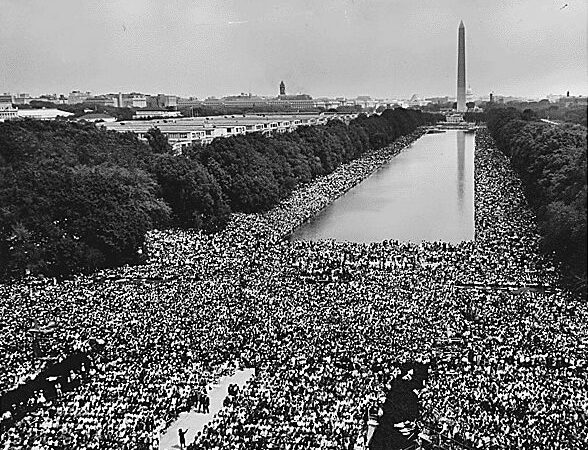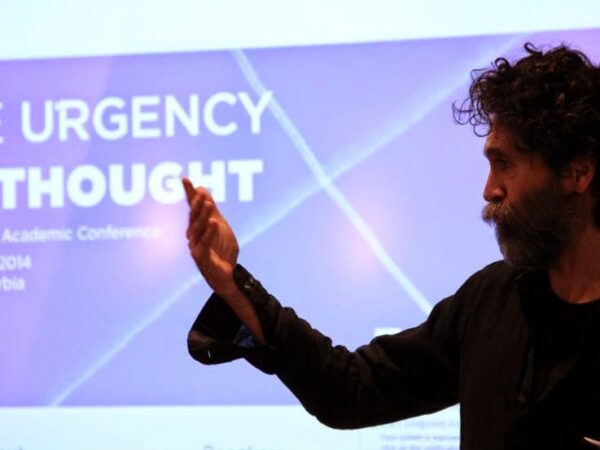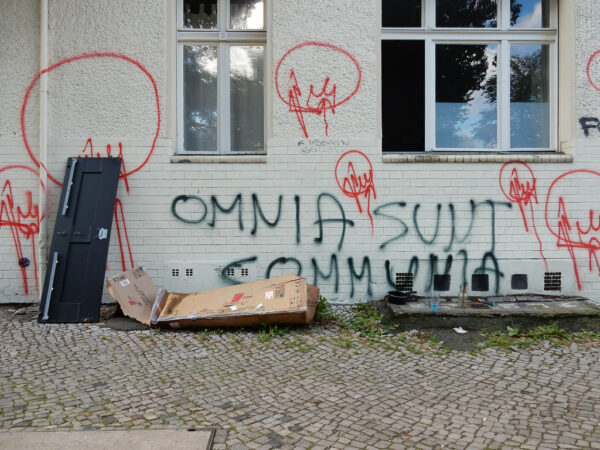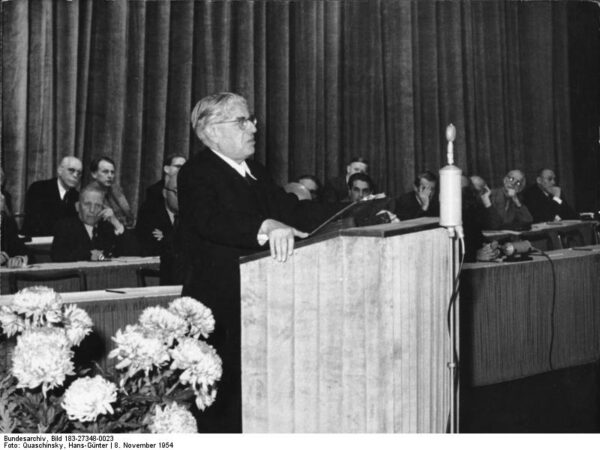
The Hindu nationalist project is out-and-out an Orientalist one. It is not indigenous. It is inspired almost entirely within a colonial, Orientalist framework of knowledge.

I am sympathetic to what I perceive as Wink’s larger goal in this interpretation. He wants to remove the option of reading Jesus’s words as endorsing toleration of abuse. He is rightly aware of and duly burdened by too many examples in the history of Christendom in which the powerful have used a command like “do not resist evildoers” as a rationale for submission to injustice.

While Carl Schmitt claims that the enemy constitutes “the political,” his various writings largely ignore the historical and discursive evolution of the enemy. Anidjar’s major contribution to modern political theology lies in responding to this lacuna.

This article explains how insights from recent research in cognitive science can be used to rethink the related phenomena of traditional Islamic ethics and modern Islamist socio-political movements.
Wink’s approach throughout the Powers trilogy is fundamentally a reappropriation of the Biblical texts in light of contemporary concerns. Far from being a “really bad” reading of scripture, it is an excellent example of constructive Biblical theology… The answer he proposes is a wholesale reevaluation of both the Biblical conception of the Powers and Principalities, as well as their relevance to the modern world.

The Invisible Committee may be productively, albeit counterintuitively, understood as Gnostic, a perspective that will put into question some of the assumptions behind the way the political and the theological are demarcated from and related to each other in contemporary debates.

The school of Talal Asad has identified virtue ethics as the primary model constituting the continuity of premodern Muslim thought with movements of the modern period. But is this model really the most characteristic common denominator of premodern Islamic thought?

I ask whether they think Wink’s exegesis is correct. Many have been completely convinced; they think that Wink has provided very compelling evidence… But now that my students are certain that Wink has hit it out of the park, I can add another layer of complexity and uncertainty by sharing that I have doubts.

In many ways, Bloch’s work inverts the classic dictum of political theology advanced by Carl Schmitt, that “all significant concepts of the modern theory of the state are secularized theological concepts.” For Bloch, theological concepts are intimations of the freedom of the secular and revolutionary socialist society.


